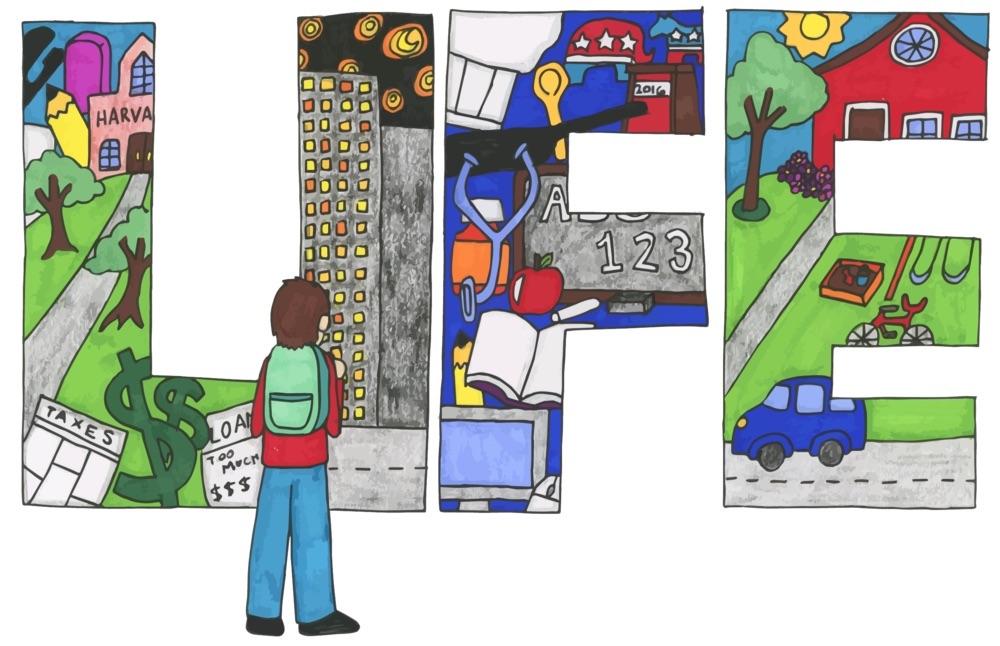A recipe for potato soup, passed down to me by my grandfather, taught me how to cook and sparked a love of cooking and baking, which remains strong. However, as cake mixes and fast food become more prevalent in American society, the tradition of passing down recipes has declined. Children grow up without knowledge of their family’s cooking traditions.
I consider myself lucky, as 28 percent of Americans never learned how to cook. People who know how to cook choose to eat out or buy premade meals instead, according to a survey conducted in April 2011 by Bosch Appliances. Parents and relatives no longer pass down family recipes in all or most cases, and consequently, the history tied to recipes is not passed down.
The loss of our heritage may have originated in the mass production of food, which began in the late 19th century. Americans adopted a culture of going out to eat and heating packaged meals. As a result, children miss the chance to connect with their families’ history.
In comparison, people who buy premade meals are more closely tied to their cultures, as well as to their families, according to a study conducted by the Child Trends Research Brief in 2009. These families are also more likely to eat meals together and develop stronger relationships with one another.
Homemade meals also offer other benefits. People who cooked at home at least five times a week were 47 percent more likely to live longer than people who did not, according to a study published in 2012 by Cambridge University. Home cookers were also healthier than people who did not cook on a regular basis.
A common misconception is that healthy and fresh food is more expensive than pre-made or fast food.
Contrary to this notion, fresh food is actually cheaper than processed or premade food, according to a study by the United States Department of Agriculture Economic Research Service.
It is wonderful that discriminatory boundaries no longer stop us from experiencing cultures other than our own, but there may come a time when we have nothing left to share food-wise. Our individual cultures surrounding recipes are disappearing. Food used to serve as a defining feature of cultural and religious identity. Family meals represented one way people could incorporate traditions into modern life.
While I enjoy sampling foods from other cultures, I wish for a greater con- nection with my family’s background. Heritage must remain a part of personal identity. Recreating the same dishes created by our ancestors allows us to physically take part in what was a piece of their lives. We can then connect historical facts to our own senses and experiences.
Contact Molly Daniels at [email protected]






